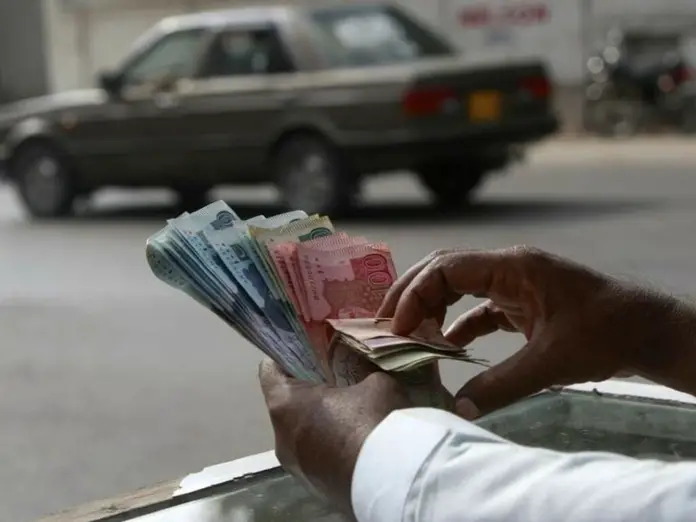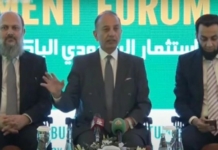Arif Habib, a notable stockbroker and businessman, underlined the need of political stability for economic progress during a seminar hosted by Habib Public School Alumni (HPSAA). To accomplish this, he recommended a hybrid style of governance in which the establishment takes a proactive role rather than staying neutral and leaving choices to politicians.
Habib recalled the experience of an older coworker who, after 50 years in the stock market, had accumulated 50 experiences rather than just one that lasted 50 years.
Habib emphasized the lack of an ideal and true democracy in Pakistan, stressing the necessity for “serious and sincere leadership” to free the country from ongoing financial and economic difficulties. Given these facts, he said that rather than taking a passive attitude in favor of the domestic economy, the establishment should take a more active role, since the situation had worsened when everything was left up to the politicians.







